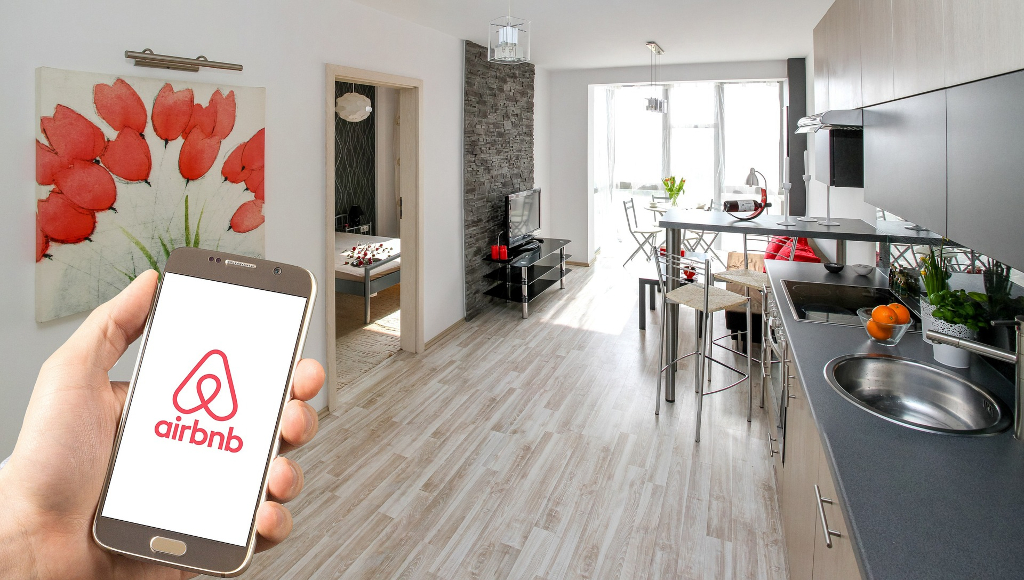How to be an Airbnb host in the District of Columbia
Are you tempted by the idea of renting your apartment or house through Airbnb for additional income? You’re not alone. In fact, a growing number of real estate owners in Washington, DC are becoming Airbnb hosts every year.
In 2018, approximately 6,300 DC hosts hosted a total of 517,500 guests through Airbnb. The average Airbnb host in the District of Columbia earns about $ 10,000 per year, for a total of almost $ 100 million.
If you own an apartment or a house and you can prove that it is insured, all you need to do is register as a host on the Airbnb website and follow the required steps. That’s it! Where is it? Not so fast. Unfortunately, turning your home into an Airbnb rental in Washington is a bit more complicated than renting one. But don’t worry, read on to find out what you need to know to legally enjoy your DC home.
Beware of the Airbnb law:
The “Short-Term Rental Regulation Act, 2018Known publicly as the Airbnb Act, came into effect on October 1, 2019, and was a game-changer for Airbnb hosts in Washington, DC by introducing a number of restrictions on short-term rentals.
By law, short-term rental operators are required to obtain a short-term rental business license from the DC government. Click here for details.
How many properties can I rent?
It is important to keep in mind that you can only rent out your “primary residence” for short periods of time. This means that you cannot offer a short term rental in your second or third residence.
How long can I rent my space?
Short term rental is permitted up to 90 nights per calendar year when the host is not present. But there is no day limit as long as the host is on site.
Hosts may request an exemption from the 90 night limit, if any of the following apply:
- The host’s employer requires the host to work outside the district for more than 90 cumulative days in a calendar year.
- The host leaves the District to receive treatment for a serious health problem, or to care for a family member who is receiving treatment for a serious health problem, for more than 90 days cumulatively in the course of a calendar year.
Can tenants offer short term rentals?
DC law does not allow tenants to rent out their accommodation through online marketplaces.
Do illegal short-term rentals or violation of restrictions result in civil penalties?
You can face a civil fine of $ 500 for the first offense; $ 2,000 for a second offense; and $ 6,000 for a third violation and revocation of the related short-term rental license rider.
What is the requirement for a “24 hour point of contact”?
A host is required to provide each short-term guest with a 24-hour telephone number, either themselves or someone authorized to act on their behalf, in the event of an emergency.
What about taxes?
DC law requires hosts to pay all applicable transitional accommodation taxes, including those imposed by the official DC code. All required taxes may be collected and remitted to the District of Columbia on behalf of the host by a reservation service or an individual, as permitted by law.


Comments are closed.